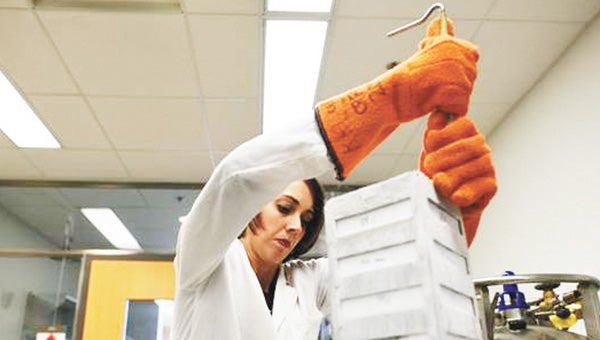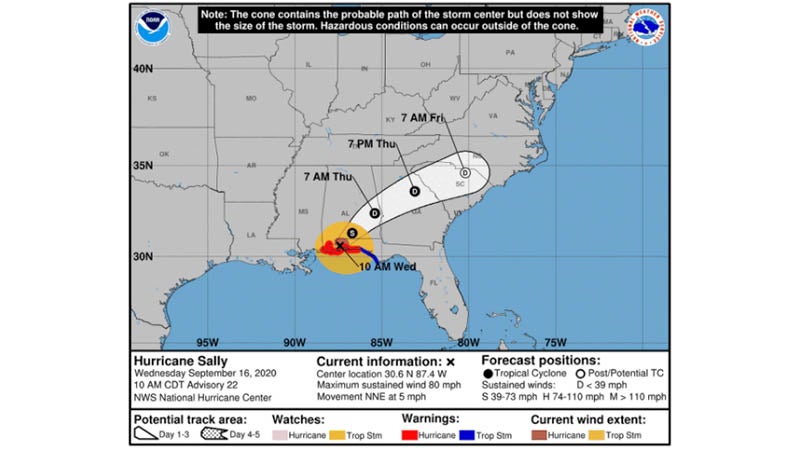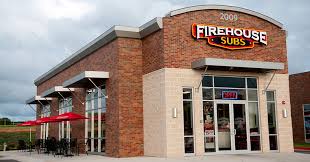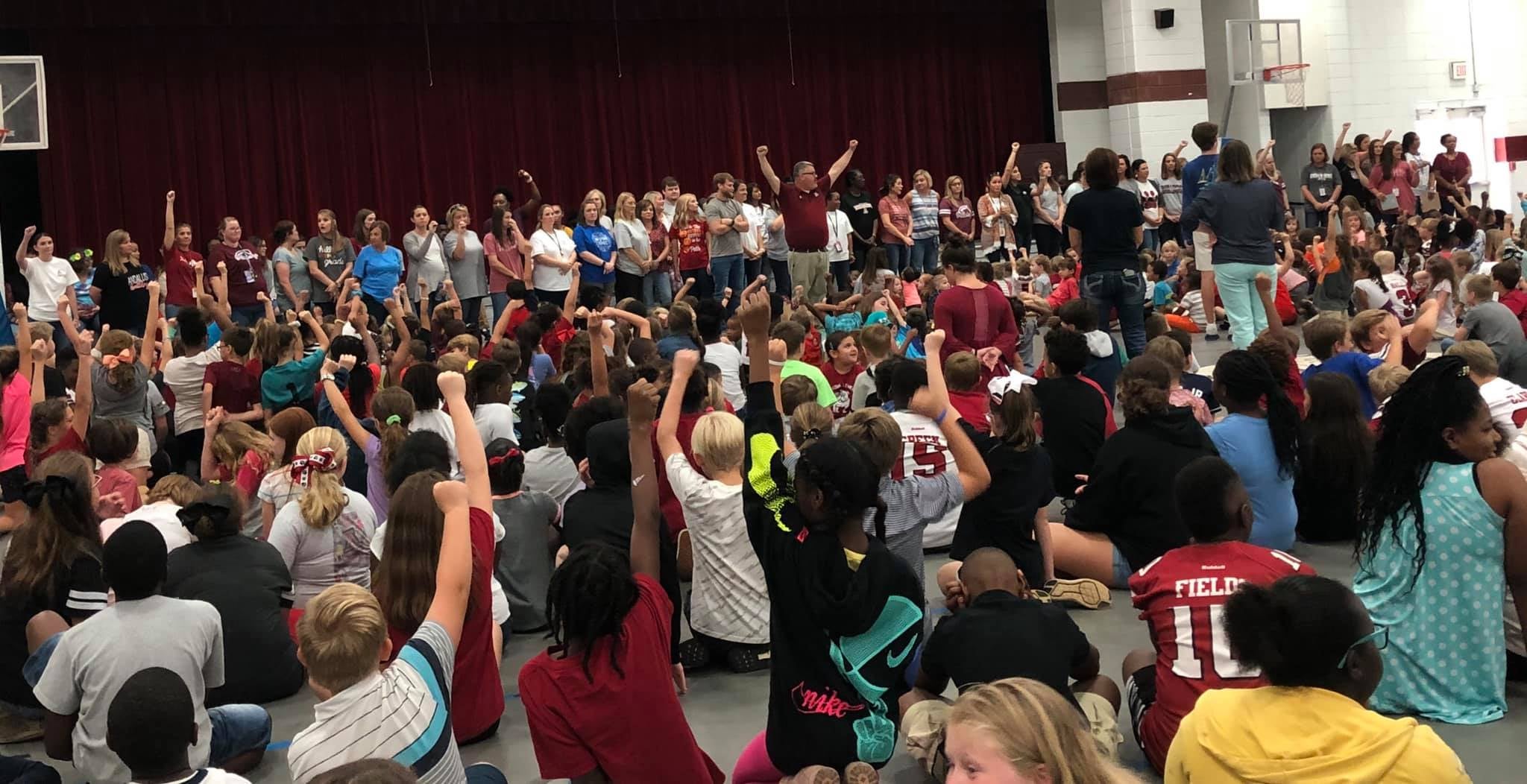Native working on cutting-edge cancer research
Published 12:02 am Friday, April 10, 2015
An Andalusia native is working to revolutionize cancer treatment.
Kristi Wyatt Thiel, a cancer researcher at the University of Iowa, is the co-founder of Immortagen, who is leading the way for personalized cancer care.
Through Thiel and her team’s research, they’ve discovered that a person’s cancer has a unique genetic profile, which can help doctors find the right treatment.
“The way cancer patients are treated now — and it’s kind of shocking for people now — but patients are treated with this one-size-fits-all approach, and it’s based on averages,” Thiel said. “From our research, we know that every patient and their cancer or tumor, has a very unique genetic profile. That’s what drives its response to one therapy over another. Yet, the drugs most people are treated with like chemotherapy, they do not distinguish which genetic changes are driving the tumor. It’s not personalized, whatsoever.”
Thiel said the “averages” are when everything is based on historical clinical trials. Sometimes the catchall treatment is based on small percentages of success.
“It’s kind of shocking,” she said. “Personalized medicine is emerging now as a last resort. We tried standard therapy and it hasn’t worked, and we thought,
‘Now, let’s be creative. How can we use a patient’s genetics to pick the right drugs?’ I truly believe that’s where we’re headed in the next five to 10 years is personalized treatment is to be the upfront treatment. If you have breast cancer, lung cancer or prostate cancer, depending on what stage the cancer is, there are very defined goals on what you’re treated with. It’s drugs X + Y. It doesn’t really matter what your genetics are.”
Being a researcher at a university gives Thiel the advantage of access to different tumors as patients make donations for research.
Tumors are submerged in a special crio-protective fluid that helps maintain DNA and RNA structure, which helps with genetic extraction.
Thiel said she extracts the DNA from the tumor and determines all of its mutations, which are genetic changes.
“Our DNA has a genetic code — ATGC (adenine, thymine, guanine and cytosine) — and it goes in sequences of three, like AAG,” she said. “That code is for amino acids. If you put all of those amino acids together, it makes a protein. If there is a change in someone’s AAG, you get TAG. Well, that code is for a different amino acid, and that changes and looks different. That’s really what cancer is.
“It’s driven by genetic changes that cause proteins to either be hyperactive or don’t function normally to safeguard against growing out of control,” she said. “What we do is we determine all of the different mutations in a patient’s tumor.”
Thiel said she equates this process like finding a “needle in a hay stack.”
“The way I look at it is it’s like having a book with all of the pages out of order,” she said. “You can have up to 700 mutations in a tumor. How do you know which kind you can choose a drug against with 700 mutations?”
Thiel said they use algorithms to determine what mutations are driving the tumor’s growth and match the drug to that specific mutation.
Thiel has always been interested in cancer.
“One of two people get cancer,” she said. “I think we’ve all been touched by cancer. It’s a disease we need better treatments for it. The way that it effects patients is debilitating.”
With this personalized treatment, Thiel said it will give patients the right drugs they need first, instead of trying a few drugs before settling on one that is working.
“The whole idea is that if we treat patients with the right drug first, instead of try drug one and that doesn’t work, try drug two and that doesn’t work, and then try drug three and cross your fingers and hope that works,” she said. “We can treat them with drug three first and someway with a patient’s genetics to guide us to drug three, we reduce all of the side effects with the one effective treatments. We reduce healthcare costs associated with ineffective treatments and side effects.”
Thiel graduated from Andalusia High School in 1997 and was valedictorian. She studied at Samford University before getting her doctorate at Vanderbilt.
Thiel came to the University of Iowa and did a post doctoral fellowship. She’s been at UI for more than 10 years.
Thiel said she credits her school days in Andalusia as the foundation for her work.
“I’m very grateful of the education I received,” she said. “I think coming from a small town, I had true one-on-one interactions with so many of my teachers that really inspired me and motivated me. I never felt like I couldn’t do something.
“Going to college, I had a really good foundation,” she said. “You had to learn and had to work hard. It really just prepared me for the rest of my life. We were always pushed to be better. We were really challenged.”
Thiel is married to Bill, and the couple have one daughter, Elsie. She is the daughter of Judy and Steve Wyatt of Andalusia.
For more info on Thiel’s cancer research, you can email her at kristi@immortagen.com.





